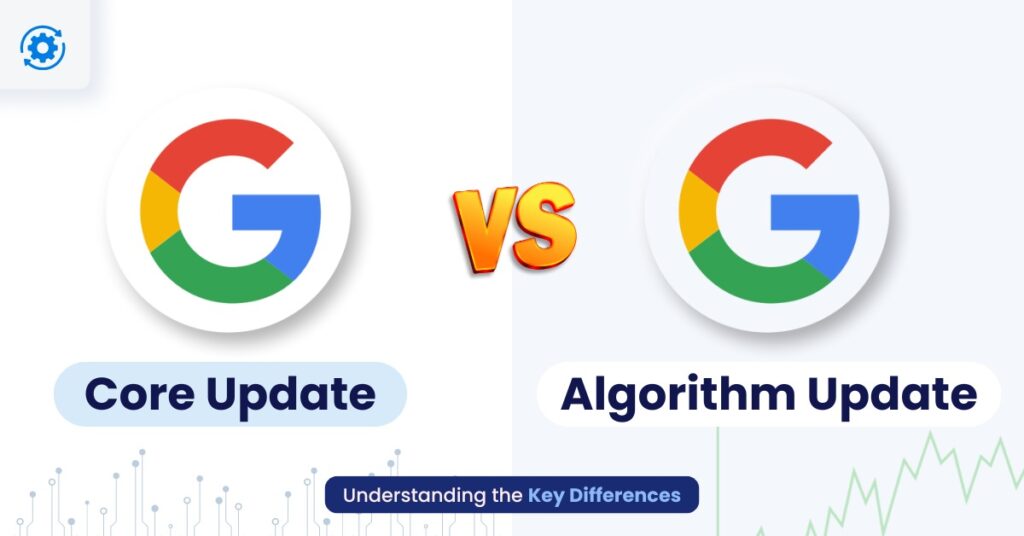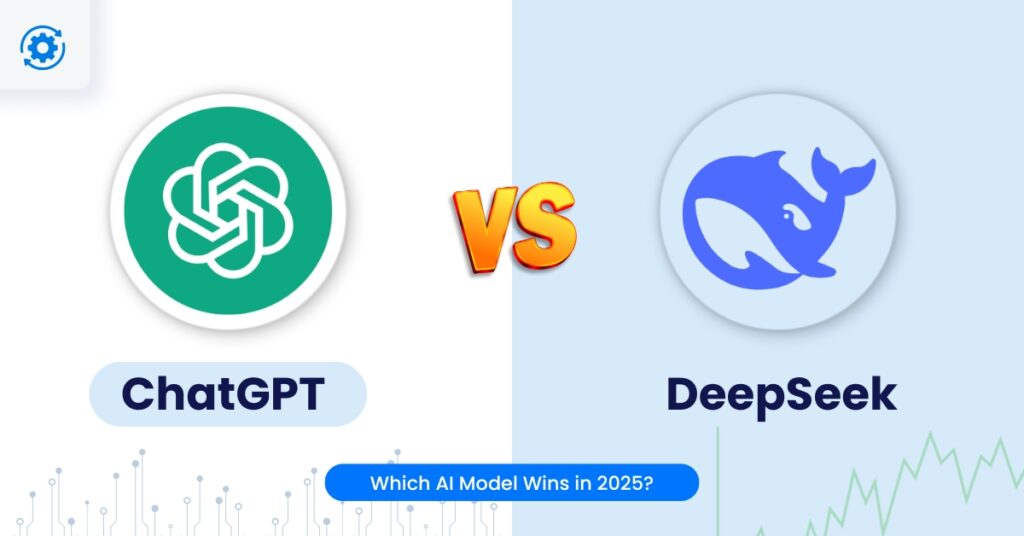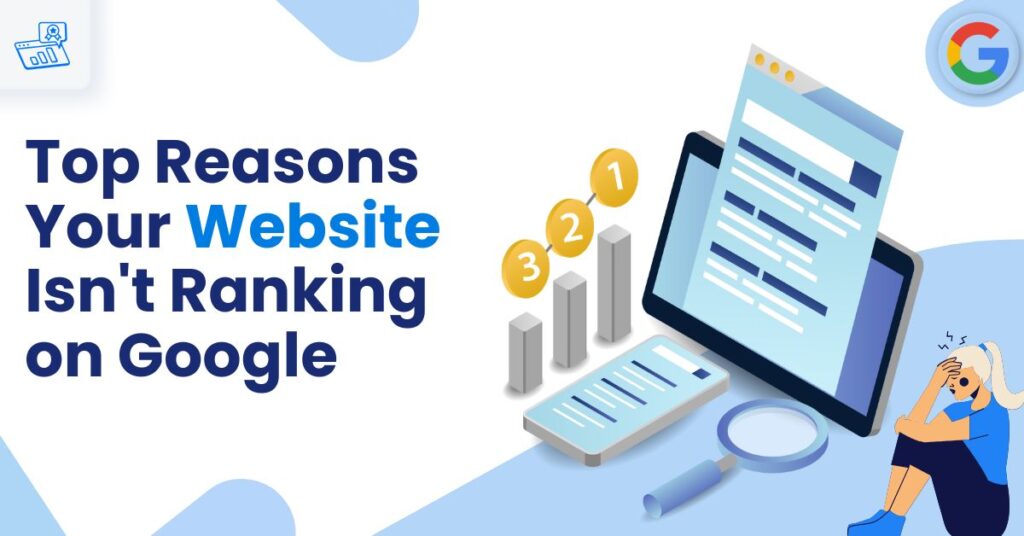In the ever-evolving landscape of search engine optimization (SEO), staying ahead of the curve is crucial for maintaining a website’s visibility and performance. At the heart of this dynamic environment are the regular updates rolled out by search engines, particularly Google, to enhance the quality and relevance of search results. These updates can significantly impact a website’s ranking and traffic, making it essential for digital marketers and website owners to understand their nature and implications.
This blog post will delve into two primary types of search engine updates: core updates and algorithm updates. We’ll explore their definitions, key differences, and how they affect SEO strategies. By the end, you’ll have a clearer understanding of how to navigate these changes and maintain your website’s performance in search results.
What is a Core Update?
A core update represents a substantial modification to Google’s search algorithm, affecting how it evaluates and ranks web pages across the board. These updates are comprehensive in nature, often impacting a wide range of ranking factors simultaneously. Unlike smaller, targeted updates, core updates can cause noticeable shifts in search rankings across various industries and niches.
The primary purpose of core updates is to improve the overall quality and relevance of search results. Google aims to better align its search algorithm with user intent and expectations, ensuring that the most valuable and trustworthy content rises to the top of search results pages.
Core updates are typically rolled out a few times a year, though Google doesn’t always announce them in advance. This is due to the complex and far-reaching nature of these updates, which require thorough testing and implementation before being released to the public.
What is an Algorithm Update?
In contrast to core updates, algorithm updates are more frequent, smaller-scale changes to specific aspects of the search engine’s ranking system. These updates often target particular features or ranking signals, such as site speed, mobile usability, or backlink quality. The goal of algorithm updates is to fine-tune the search engine’s performance and address specific issues or areas for improvement.
Search engines implement algorithm updates for various reasons, including:
- Enhancing user experience
- Combating spam and low-quality content
- Rewarding high-quality, authoritative content
- Adapting to new technologies and user behaviours
To stay on top of algorithm changes and adjust strategies accordingly, businesses and SEO professionals should:
- Regularly monitor industry news and official search engine announcements.
- Use SEO tools to track ranking fluctuations and traffic changes.
- Analyse website performance metrics to identify potential areas of impact.
- Be prepared to adapt content and technical SEO strategies as needed.
Key Differences Between Core and Algorithm Updates
Understanding the distinctions between core and algorithm updates is crucial for developing effective SEO strategies. Here are the key differences:
1. Scope and Frequency:
- Core updates: Occur several times a year, involving broad changes to the search algorithm.
- Algorithm updates: More frequent, focusing on specific aspects of the ranking system.
2. Impact on Search Rankings:
- Core updates: Can have wide-ranging effects on website rankings across multiple industries.
- Algorithm updates: Typically have a more limited impact, often affecting specific types of content or SEO factors.
3. Recovery Process:
- Core updates: May require a comprehensive review of website content, user experience, and overall SEO strategy.
- Algorithm updates: Often allow for more targeted improvements in specific areas.
4. Announcement:
- Core updates: Generally not announced in advance by Google.
- Algorithm updates: Sometimes pre-announced, giving webmasters time to prepare.
How to Respond to Core and Algorithm Updates
To effectively prepare for and respond to both types of updates, consider the following strategies:
1. Identifying the Update Type:
- Monitor official search engine channels and reputable SEO news sources.
- Analyse the scope and timing of ranking fluctuations.
2. Adjusting SEO Strategy:
- For core updates: Focus on overall content quality, relevance, and user experience.
- For algorithm updates: Address specific ranking factors or technical issues highlighted by the update.
3. Enhance Technical Performance:
- Ensure fast loading speeds across all devices.
Optimise for mobile usability. - Fix broken links and improve site structure.
4. Follow Search Engine Guidelines:
- Adhere to webmaster guidelines provided by search engines.
- Avoid black-hat SEO techniques that may trigger penalties.
5. Monitor Website Performance:
- Tools like Google Search Console and analytics platforms are used to track traffic and ranking changes.
- Identify patterns and potential areas for improvement.
Mistakes to Avoid When Responding to Updates
When facing a core or algorithm update, avoid these common pitfalls:
- Panicking: Resist the urge to make hasty decisions based on short-term fluctuations.
- Making rapid changes: Allow time for the update to settle before implementing major changes.
- Misunderstanding the update: Take time to research and comprehend the update’s purpose and scope.
- Fixating on rankings: Consider other metrics like organic traffic and user engagement.
- Neglecting proper tools: Utilise appropriate SEO tools and resources for accurate analysis.
The SEO Impact of Core Updates
Core updates can have significant implications for SEO:
- Broad ranking shifts across multiple industries.
- Reevaluation of content quality and relevance.
- Potential changes in the importance of various ranking factors.
- Increased focus on user intent and search experience.
The SEO Impact of Algorithm Updates
Algorithm updates typically result in more targeted effects:
- Changes in rankings for specific types of content or websites.
- Adjustments to the weight of particular ranking signals.
- Improvements in search result accuracy for certain queries.
- Opportunities for websites to gain an advantage by quickly adapting to new requirements.
Examples of Core Updates
Some notable core updates include:
- August 2024: In response to feedback received from the September 2023 update, this August version was designed to better support smaller publishers and ensure a more equitable content ecosystem.
- December 2020 Core Update: Broad changes affecting content quality assessment.
- May 2020 Core Update: Significant impact across multiple industries during the COVID-19 pandemic.
- June 2021 Page Experience Update: Emphasised user experience factors like Core Web Vitals.
Examples of Algorithm Updates
Recent algorithm updates include:
- July 2024 Explicit Fake Content Update: Google introduced a new search algorithm aimed at reducing the visibility of artificially generated explicit content that infringes on individuals’ rights.
- July 2021 Link Spam Update: Targeted manipulative link building practices.
- June 2021 Spam Update: Improved spam detection capabilities.
- December 2020 Product Reviews Update: Enhanced evaluation of product review content.
Conclusion
Understanding the differences between core updates and algorithm updates is crucial for maintaining and improving your website’s search engine performance. While core updates require a holistic approach to SEO, algorithm updates often allow for more targeted optimizations. By staying informed, regularly assessing your website’s performance, and being prepared to adapt your strategies, you can navigate these updates successfully and ensure your site continues to thrive in search results. Remember, the key to long-term SEO success lies in consistently providing high-quality, relevant content and a positive user experience, regardless of the specific updates rolled out by search engines.
Stay ahead of the SEO curve with Gravitas Consulting’s expert guidance! Don’t let core updates and algorithm changes catch you off guard. Our team of SEO specialists is ready to help you navigate the ever-changing search landscape and keep your website ranking strong.
Contact us at info@gravitasin.com for comprehensive SEO services that will identify vulnerabilities to core and algorithm updates, develop a robust strategy to weather future changes, optimise your content for maximum visibility and engagement, and enhance your technical SEO to meet the latest best practices. Let Gravitas Consulting be your partner in mastering the art of SEO resilience. Together, we’ll turn search engine updates into opportunities for growth and success.
Reach out today and take the first step towards sustainable, long-term SEO performance!












